2025
Comparably’s Best Company Outlook
* Providing engineering services in these locations through SWCA Environmental Consulting & Engineering, Inc., an affiliate of SWCA.

From the experts we hire, to the clients we partner with, our greatest opportunity for success lies in our ability to bring the best team together for every project.
That’s why:
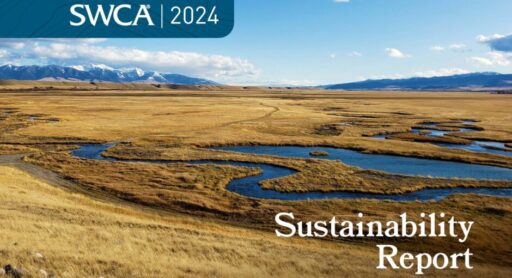
At SWCA, sustainability means balancing humanity’s social, economic, and environmental needs to provide a healthy planet for future generations.
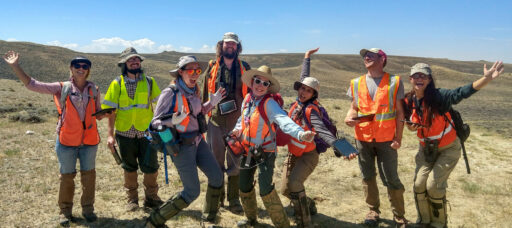
SWCA employs smart, talented, problem-solvers dedicated to our purpose of preserving natural and cultural resources for tomorrow while enabling projects that benefit people today.

At SWCA, you’re not just an employee. You’re an owner. Everyone you work with has a stake in your success, so your hard work pays off – for the clients, for the company, and for your retirement goals.
Cultural Resources
SWCA's nationwide experts have the skills and experience to support the high-level consultation and planning efforts needed to properly address important cultural resources.

For questions or further information, please fill out the form below.
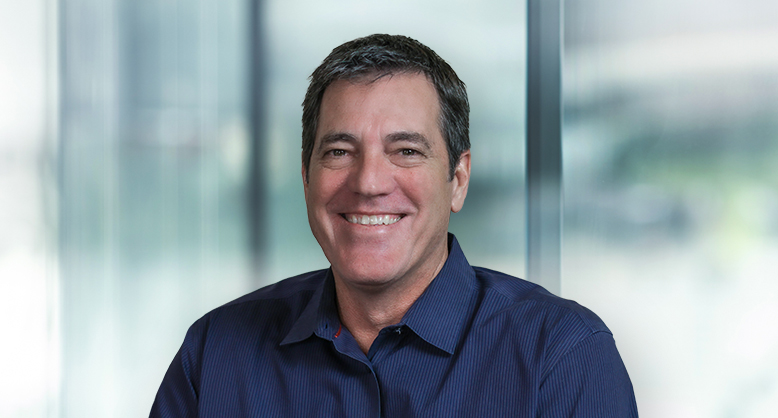
With more than 500 cultural resources experts, SWCA is one of the largest cultural resources consultants in the U.S. Our nationwide presence means we have the capacity, reliability, and experience to support projects of all sizes, types, and complexity, while our local expertise provides the knowledge and nuance to consult with the various stakeholders that manage the nation’s resources. We provide a full suite of services to private and public clients, led by experts in archaeology, historic preservation, management and planning, and Tribal relations and ethnography.
We leverage strong relationships with federal agencies, Indigenous governments, and State Historic Preservation Offices, enabling us to understand the specifics of regulatory processes in particular geographic areas. With this knowledge, we provide our clients with effective support and tailored guidance to meet their project objectives. Our cultural resources experts are well versed in consultation concerning the National Historic Preservation Act (NHPA), cultural resource management for the National Environmental Policy Act (NEPA) review process, Archaeological Resources Protection Act (ARPA), Native American Graves Protection and Repatriation Act (NAGPRA), American Indian Religious Freedom Act (AIRFA), and various state laws and regulations.
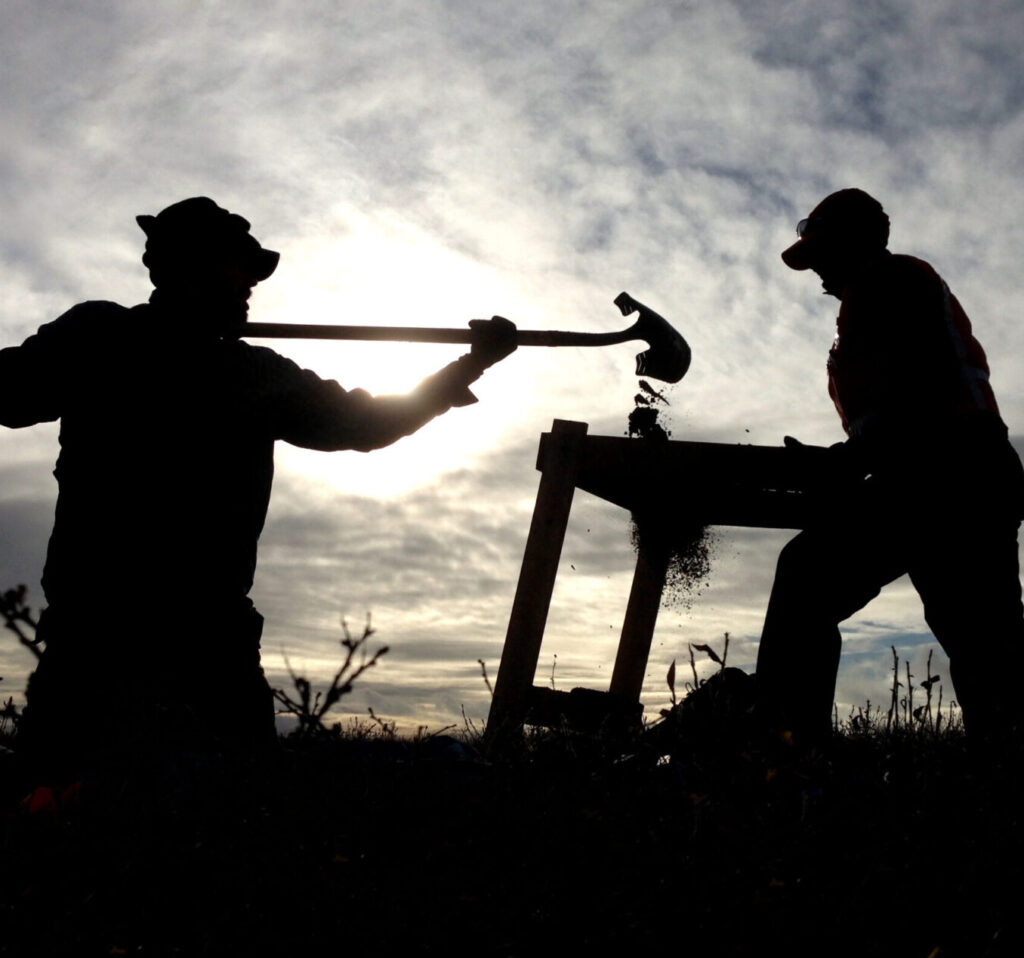
Cultural resource management often requires more than simply completing field surveys, and no other firms match SWCA’s expertise when it comes to meeting our clients’ advanced cultural resource management needs. Our consultants provide regulatory understanding and the consultation support skills needed to meet the cultural resource management and planning needs of any project, no matter how simple or complex. Our nationwide presence means that we have experts with local resource knowledge and experience working with local stakeholders anywhere projects are located.
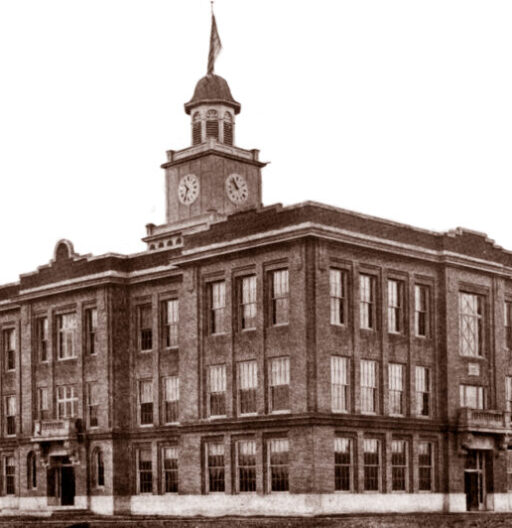
SWCA’s archaeologists focus their expertise on finding solutions for our clients that balance project goals with preservation. Our nationwide capacity means we can handle projects of any size and complexity anywhere in the U.S. We provide a comprehensive suite of archaeological services to meet any compliance need, including geoarchaeology, marine archaeology, historic archaeology, and a variety of laboratory analyses.
We produce results that advance projects and meet scientific and regulatory standards through comprehensive studies, archaeological surveys, full-scale excavations, and thorough analysis of artifacts, sites, and other evidence of the past. SWCA’s archaeological services provide efficient, accurate, and cost-effective data collection using state-of-the-art electronic field equipment, remote sensing devices, and data processing systems. Our full-service archaeological program offers robust modeling applications and geoarchaeological techniques that rapidly and reliably help scope projects and identify cultural resources.
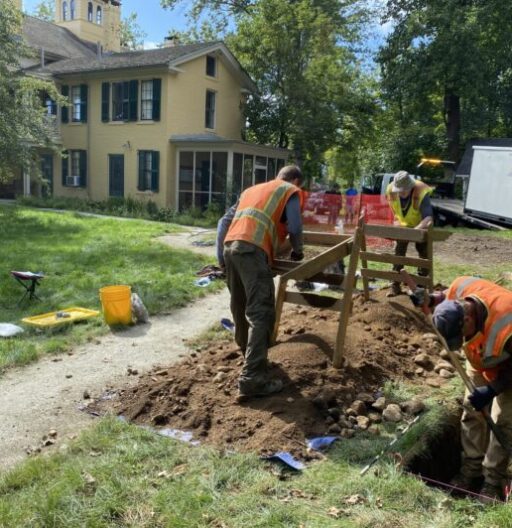
SWCA’s Geophysics service line specializes in the use of non-invasive methods to help locate and identify features in support of cultural and natural resource management. Our mission is to help clients meet the growing demand for technology-based solutions to effectively manage resources in ways that are both efficient and non-destructive. We specialize in a range of geophysical and geospatial methods for archaeology, historic preservation, cemetery/forensics, and paleontology/geology.
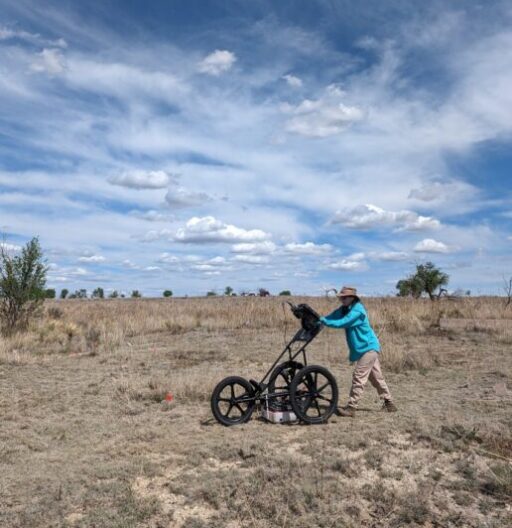
We are trusted partners on our clients’ projects from proposal through completion, resulting in cost-effective, compliant, legally defensible, and innovative solutions. Our nationwide team manages historic compliance and planning projects across federal, state, and local regulatory frameworks, dedicated to delivering comprehensive historic research and insightful analysis.
Our historic preservation experts have a wide range of experience from compliance with Sections 106 and 110 of the National Historic Preservation Act, to analysis under Section 4(f) of the Department of Transportation Act, understanding of unique permitting challenges, and the steps necessary to procure tax incentives for projects. We have experience working with a variety of historic property types including buildings, structures, districts, and landscapes.
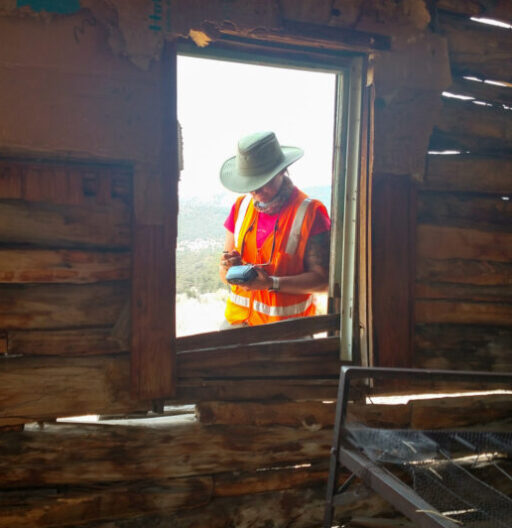
Kevin is the Client Services Vice President of Cultural Resources and an expert in the archaeology of the Southwest with a background in prehistoric technologies, faunal studies, and trade/exchange systems.
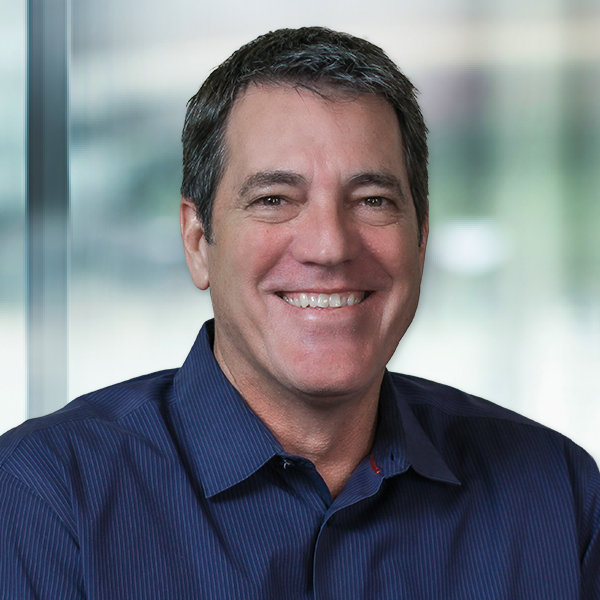
Heather is the Vice President for SWCA’s Southern California and Pacific Islands subregion, which includes our offices in Honolulu, Pasadena, and San Diego. She has over 22 years of experience in archaeology and cultural resources management, and specializes in urban historical archaeology.

Scott is a Senior Technical Director who leads Cultural Resources Management, Regulatory Affairs, and Indigenous Government Relations across SWCA. He has developed his expertise and acumen since entering the field in 1990 and has provided leadership in these areas at SWCA since 2001.

Paul is the Senior Cultural Resources Technical Director – Field Services for SWCA’s offices nationwide. He has 24 years of archaeological experience, largely across the Great Plains and Intermountain West.

Martin is the Senior Office Director of our San Antonio office. He has more than 30 years of cultural resource management experience with transmission projects and FERC and non-FERC regulated pipeline corridor projects.

Jonathan is a Registered Professional Archaeologist with over 16 years of experience. He meets the Secretary of Interior’s qualifications and provides archaeological support for energy, federal, state and local, land development, and transmission projects throughout the Northeast.

Subscribe to The Wire, SWCA’s quarterly newsletter that delivers the latest industry news, important regulatory updates, local events, and more straight to your inbox.